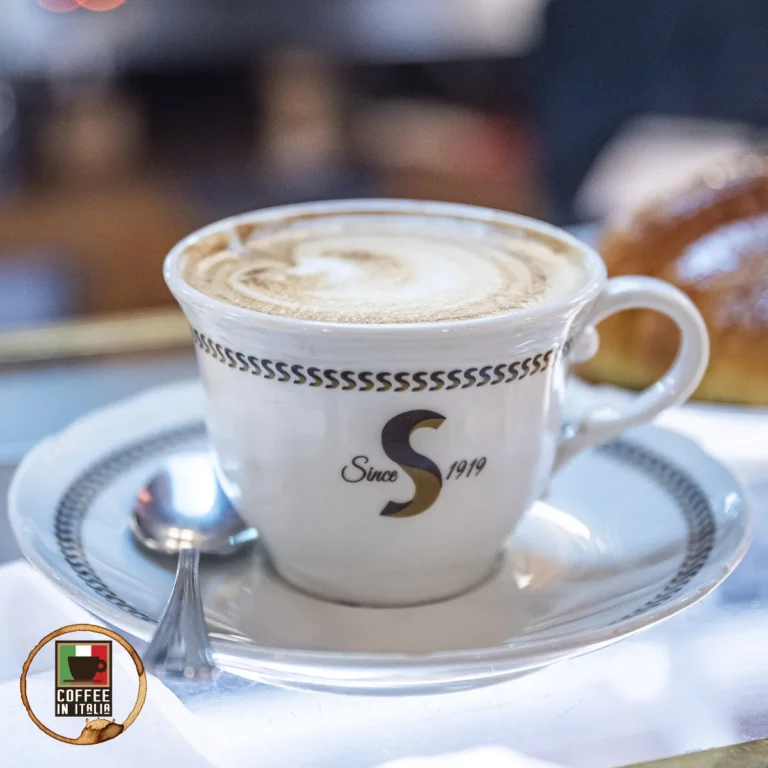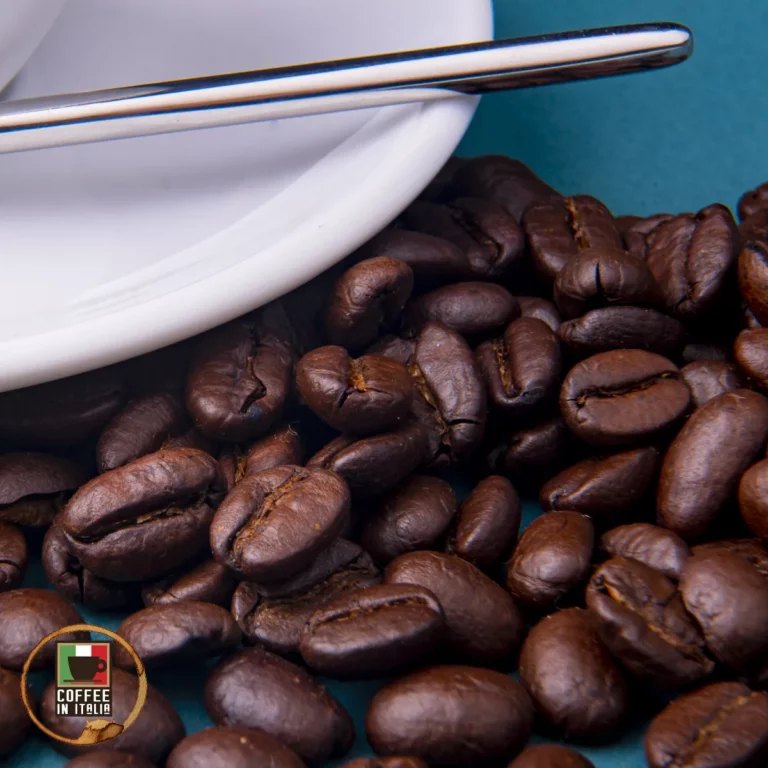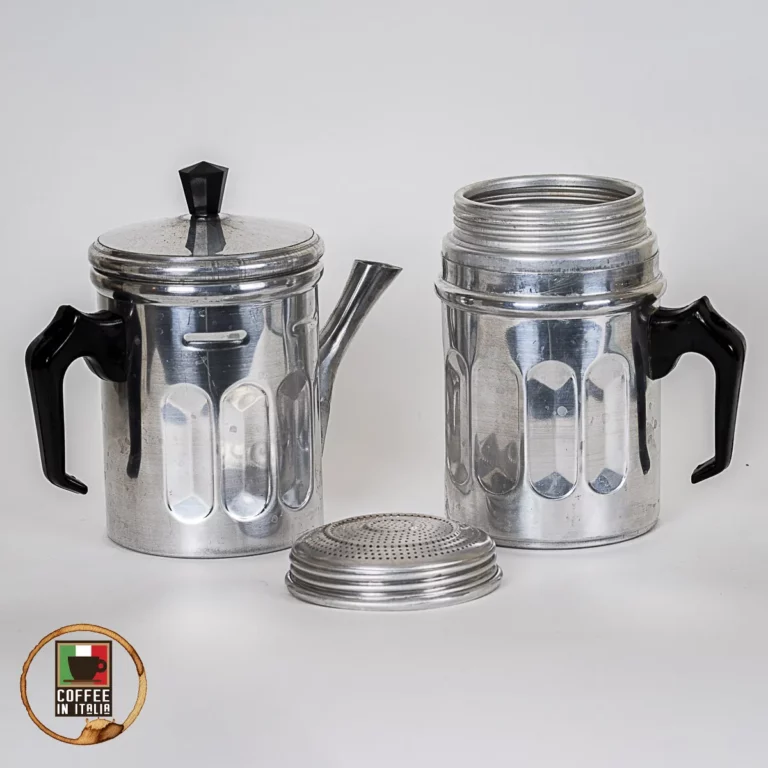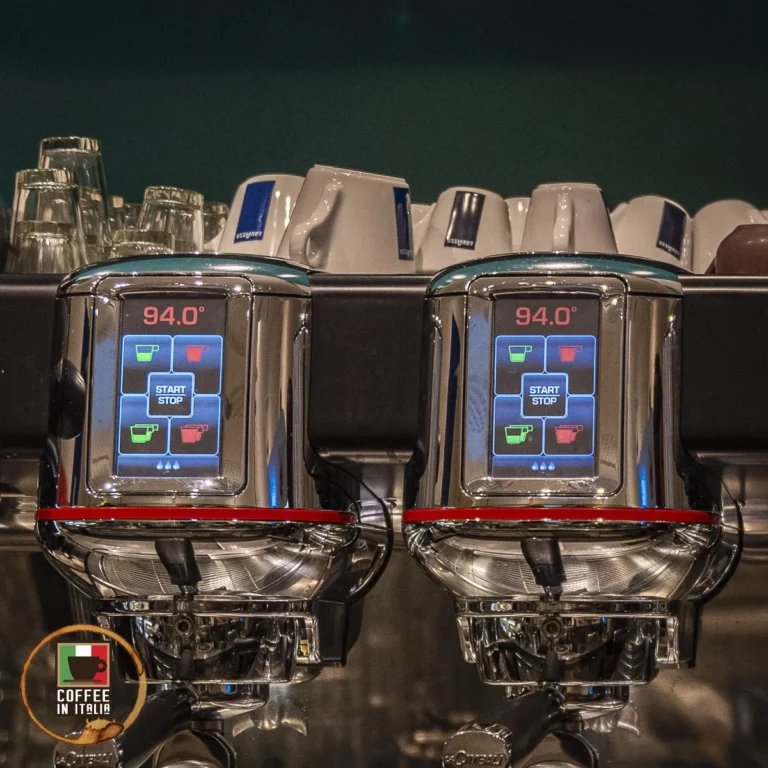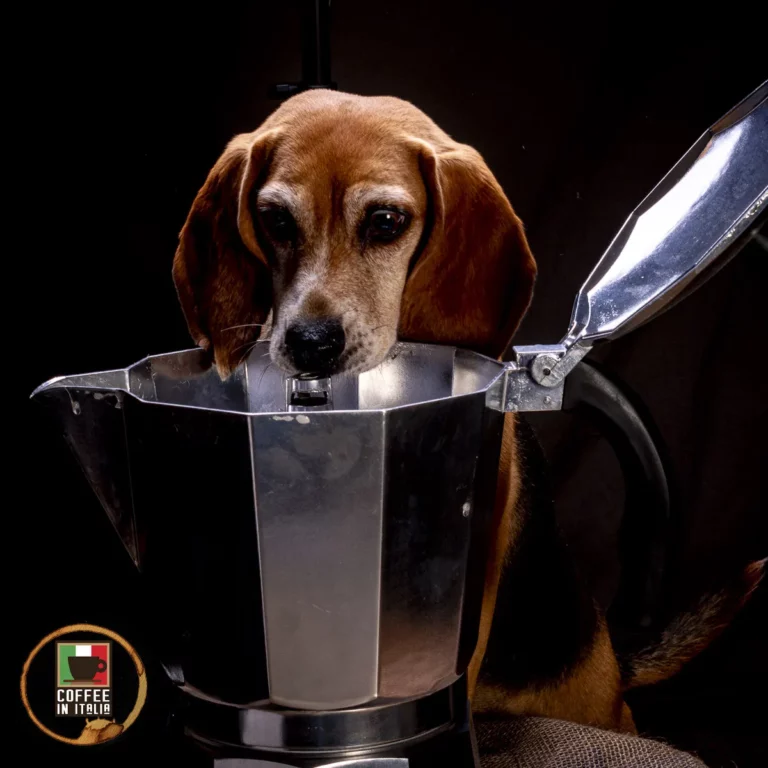How To Become A Barista In Italy – Schools and Certification
Learning how to become a Barista in Italy is the best way to fully embrace the Italian coffee culture and here is the certification and schools to consider.
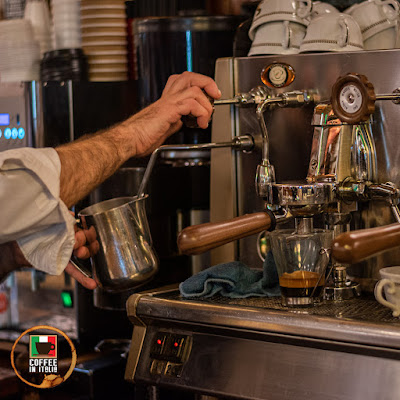
If you are looking for the most direct path to understanding coffee and coffee culture in Italy, then I would recommend becoming a barista in Italy. There are different paths and qualifications that you can pursue in your quest, and these are some of the more frequently asked questions.
What Is A Barista In Italy?
Barista is an Italian word that means someone who makes and serves coffee and coffee drinks (cappuccino, macchiato, espresso. etc.) to customers. In Italy, the nerve center of a bar is the professional espresso machine, so the barista is identified with his ability to brew a great coffee.
This is an important position, because in Italy, you can find bars on every corner of every city because they are an indispensable part of Italian culture. Many people go to bars several times a day, for example: before work, for breakfast, during a break from work or just to chit-chat with friends.
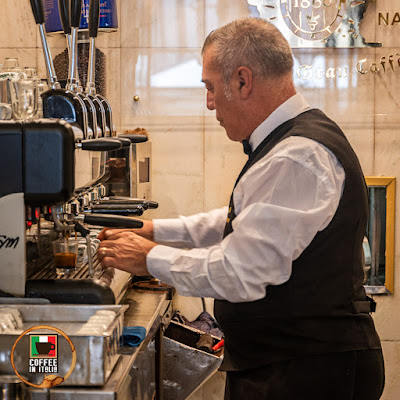
Is A Barista An Italian Word For Bartending?
Yes, Barista is the Italian word for Bartender, but there is a subtle difference in the meanings, because in Italy, a Bar is very different from a bar or pub in the US. You can get cocktails at an Italian bar, but the main focus of an Italian bar is the coffee. For this reason, you would probably be more correct to think of a Barista as someone who serves coffee, instead of like a bartender who serves alcoholic drinks.

What Qualifications Do I Need To Be A Barista?
If you are looking to become a Barista in Italy, then there are a number of things to consider. For example, this is a customer facing position, and your customers will be Italians (obviously), so strong language skills and a customer service focus is important.
Beyond these soft skills, you will need to know how to operate a commercial espresso machine, which is much more complicated than the home versions. Cleaning and maintenance might also be expected, so some familiarity with these machines are important. That said, you might be able to get hired as a barista with no experience, so the language and interpersonal skills will be even more important.
There are no requirements for the Barista certifications that you can find online, but if you have no experience, and want to learn your way around the espresso machine, better understanding the history, understand the roasting process as well as master some Latte Art skills, then a certification program might be for you.
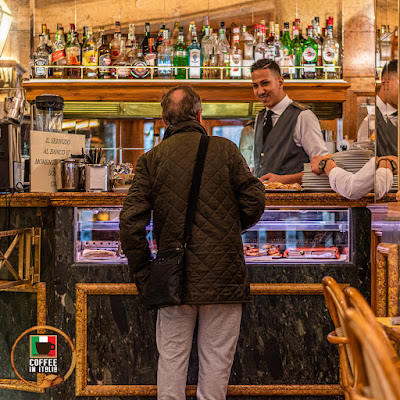
Can I Work As A Barista With No Experience?
Yes, assuming you are legally allowed to work in Italy, you could work as a barista at an entry level, but you might want to consider some training or certification programs to make yourself more attractive as a candidate.
What Is The Italian Barista Course?
In general, the Italian Barista Course is one of the many Barista training programs found all over Italy. More specifically, the Italian Barista Course is part of the Italian Barista Method that is offered by the Espresso Academy, Florence, Italy.

How Long Does It Take To Become A Barista In Italy?
The length of time to become a certified Barista in Italy is dependent on the program you choose and your availability. If you take the Barista course at the Florence Culinary Arts School, the program will last 1 to 2 weeks. At the Espresso Academy, you can take the Basic and Advanced Barista Courses in 2 days. At the Italian Barista School in Brescia, you are able to complete a professional level course in 20 hours. The time you want to spend getting certified is up to you.
Are Barista Courses Worth It?
The value of the Barista course is entirely dependent on what you want to get out of it. It probably isn’t worth it if you are looking to get a job at your local bar, but if you want to grow in this space, work in higher end restaurants and possibly even compete in Barista competitions, then these courses might be worth the investment.
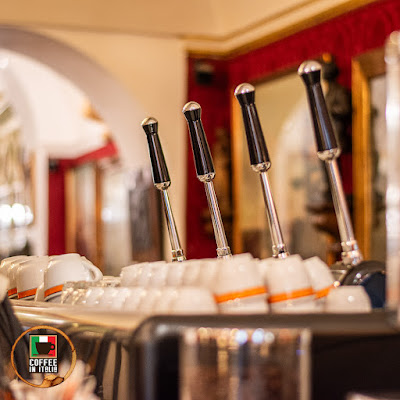
What Are The Barista Course Fees?
There is a pretty wide range of Barista course fees that are dependent on the school and program in which you are looking to participate. For example, at the Florence Culinary School, the 2-week program costs €3,400, but beyond the training, that includes the accommodations, interpreter and materials for the course. At the Espresso Academy, the 2-day basic and advanced Barista courses cost a total of €240, but of course there are no accommodations.
Interestingly, a few of the other schools don’t post their course fees online and require you to contact them to get a price. I find this a little curious, and if I was looking to take a course, I would see this as a red flag, but that’s me.

More Coffee Bar Experiences
If you are interested in learning more about the Italian coffee bars and delicious opportunities to experience them, check out some of our other posts:
Caffe Giolitti In Rome Is A Great Italian Coffee Bar.
Coffee Bars In Rome, Italy Are An Experience.
When Is A Macchiato Not A Real Macchiato?
Amazing Treats At Pasticceria Barberini In Rome.
Italian Coffee Culture Is Great and Starbucks Is Evil.
Starbucks Is Not Italian Espresso – Part 1.

